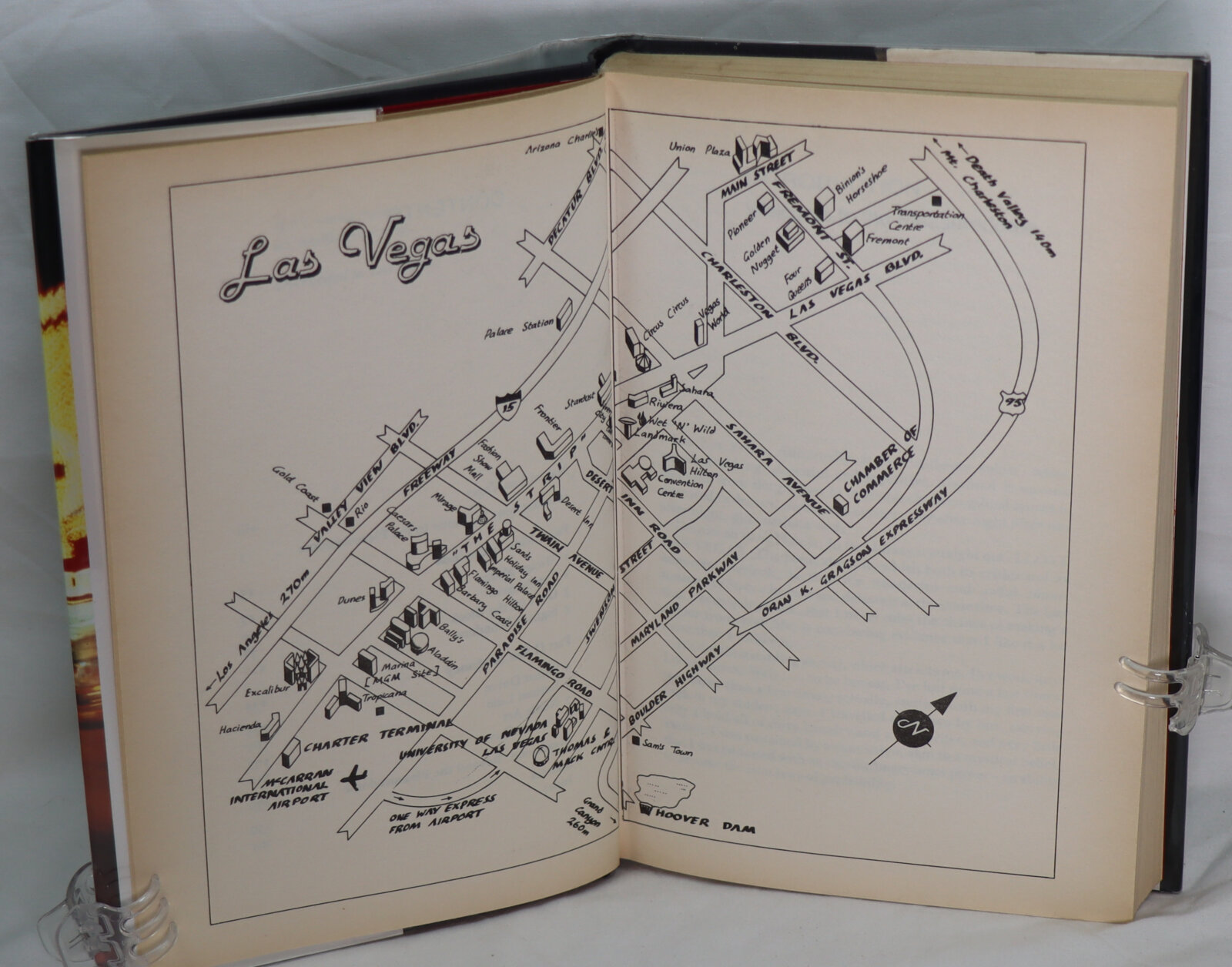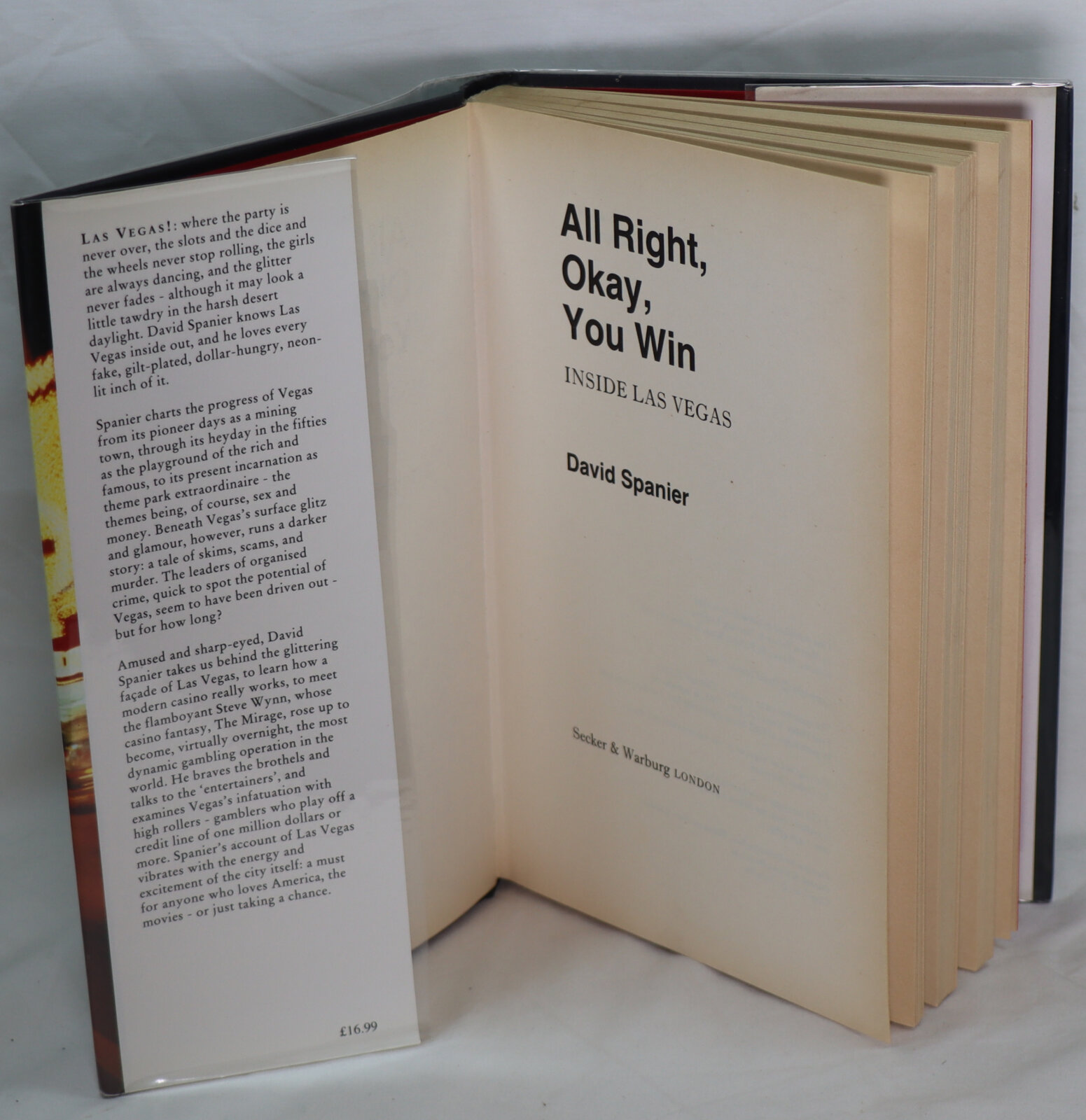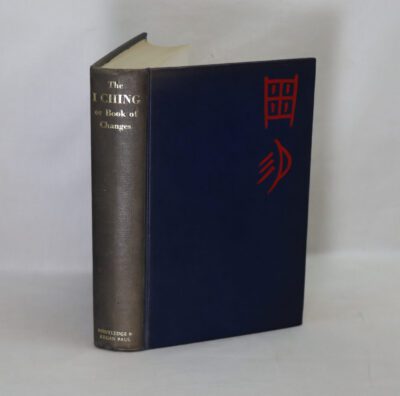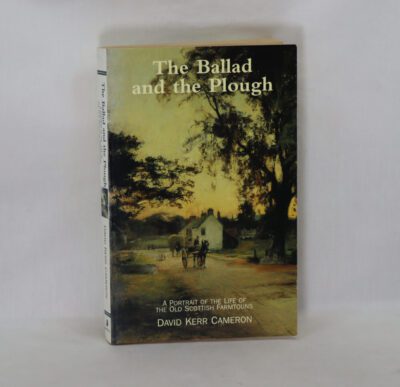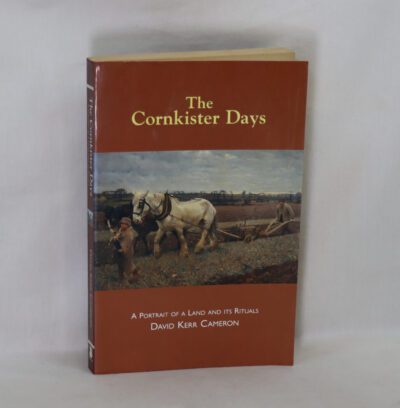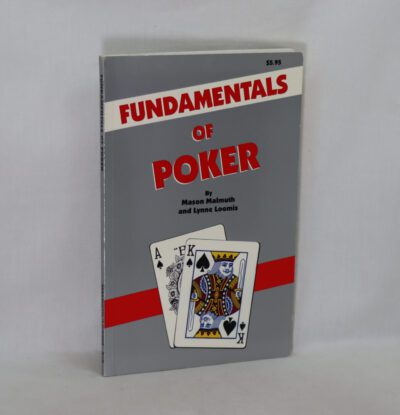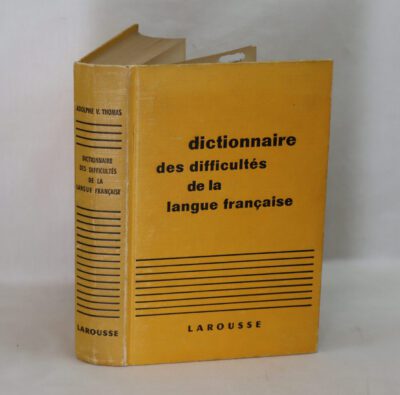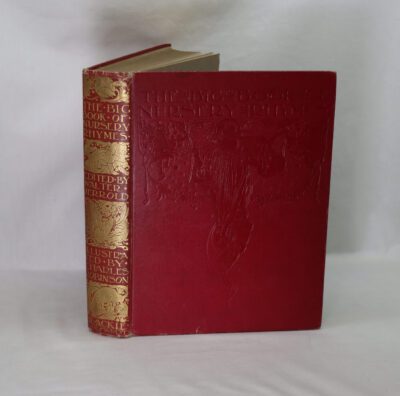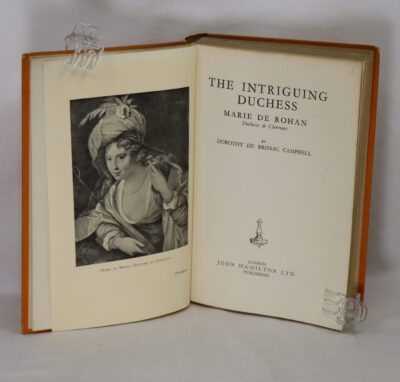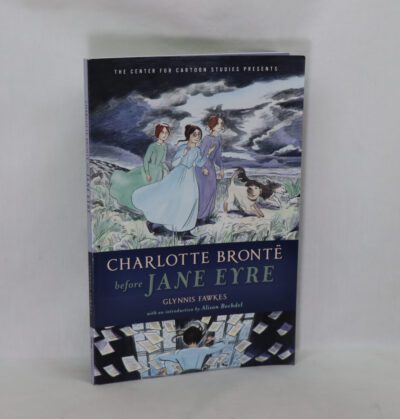All Right. Okay, You Win.
By David Spanier
ISBN: 9780749304973
Printed: 1992
Publisher: Secker & Warburg. London
| Dimensions | 17 × 24 × 3 cm |
|---|---|
| Language |
Language: English
Size (cminches): 17 x 24 x 3
Condition: Fine (See explanation of ratings)
Item information
Description
In the original dustsheet. Black cloth binding with gilt title on the spine.
-
F.B.A. provides an in-depth photographic presentation of this item to stimulate your feeling and touch. More traditional book descriptions are immediately available.
Las Vegas is an area renowned for its gambling activities. This book charts the progress of Vegas from its pioneer days as a mining town, through its heyday in the 1950s as the playground of the rich and famous, to its present incarnation as theme park extraordinaire – the themes being sex and money. It takes the reader behind the scenes to meet the characters and to learn how the system really works, to experience the thrill of betting one million dollars on the turn of a card. David Spanier is the author of “Easy Money” and “Total Poker”.
David Spanier – Diplomatic journalist – with a passion for poker
David Spanier, who has died of a stroke aged 67, combined a distinguished career as a foreign and diplomatic correspondent for the Times – and later for Independent Radio News – with a passion for gambling in general, and poker in particular. Few things gave him more pleasure than the column he wrote about poker for the Independent, and playing the game was even better than writing about it. Spanier hid an exceedingly sharp mind behind horn-rimmed spectacles and a jaunty, self-deprecating and friendly manner. His first book, Europe Our Europe, was an account of the negotiations for Britain’s entry into the European Common Market, and he had just finished a memoir, The Hand I Played, when he died – appropriately enough at the casino where he was gambling. In between, he wrote six books about games and gambling.
The son of a stockjobber, Spanier grew up among a prosperous liberal Jewish family in Hampstead, north London. He was educated at Charterhouse and, after national service in the army, which he loathed, went up to Trinity College, Cambridge, where he studied under FR Leavis and played a little unserious cricket. His poker, on the other hand, was, from the start, deadly serious. He joked about how in one game he came close to losing his allowance for the whole term; at the time, it can hardly have been very funny. Spanier always wanted to go into journalism. While still at Cambridge, he acquired some work experience with the Yorkshire Post, and it was there that he started work after completing his degree. In 1957, he moved to the Times, where he was to remain for the next 25 years, fielding, in a debonair manner, teasing from more earnest colleagues about his nocturnal gambling exploits. In the brown linoleum drabness of the home newsroom, he was an elegant figure, sometimes with a flower in his buttonhole. After four years, he transferred to the foreign department as commonwealth correspondent, and he remained an international expert, except for a brief interval as assistant city editor. Some friends believe he was disappointed not to become deputy city editor, with the possibility of preferment to the top job – but if that was so, he kept his feelings to himself. He was, in general, a tolerant and self-possessed man, whose favourite way of making a point was with dry wit.
Spanier worked as the Europe economics specialist, then in Brussels and in Washington, and the Association of European Journalists voted him European Journalist of the Year in 1971. In Brussels, he was famous for having once asked a question at a press conference in Flemish (not a language he knew well). He described himself as a good European, but his worldly-wise intelligence and his preference for reporting, as opposed to advocacy, kept him a sceptical one. In 1974, when he became the Times diplomatic correspondent, he surprised the Foreign Office by refusing the individual briefing that had been the newspaper’s prerogative since time immemorial. Unlike many of his colleagues, Spanier did not leave immediately after the Murdoch takeover of the Times. But, in early 1982, he took a job as diplomatic correspondent of LBC radio and Independent Radio News. Later, he focused more on writing about the things that amused him – above all, games and gambling. In Total Poker (1977), he had explored the similarities between poker and diplomacy; in 1987, in Easy Money, he delved into the psychology of the gambler. Spanier became chess correspondent of the short-lived newspaper Today, and then of the Daily Telegraph. In 1998, his poker columns from the Independent were collected as The Little Book Of Poker. To the end of his life, he gambled heavily, regularly – and, on the whole, successfully. He had a gaming room installed in his home, where he sometimes played poker all night with fellow devotees, among them Anthony Holden and Al Alvarez.
It was at the Times that Spanier met the distinguished fashion journalist Suzy Menkes, and they married in 1969. Their marriage was exceptionally loving and strong, and David did a great deal to make Suzy’s career flourish. They had three sons, Gideon, Joshua and Samson, as well as a daughter, Jessica, who died in infancy. David’s choice of the names reflected his deep pride in being Jewish, though he was not especially religious.He is survived by his wife and sons.
David Graham Spanier, journalist and gambler, born April 30 1932; died April 18 2000
Want to know more about this item?
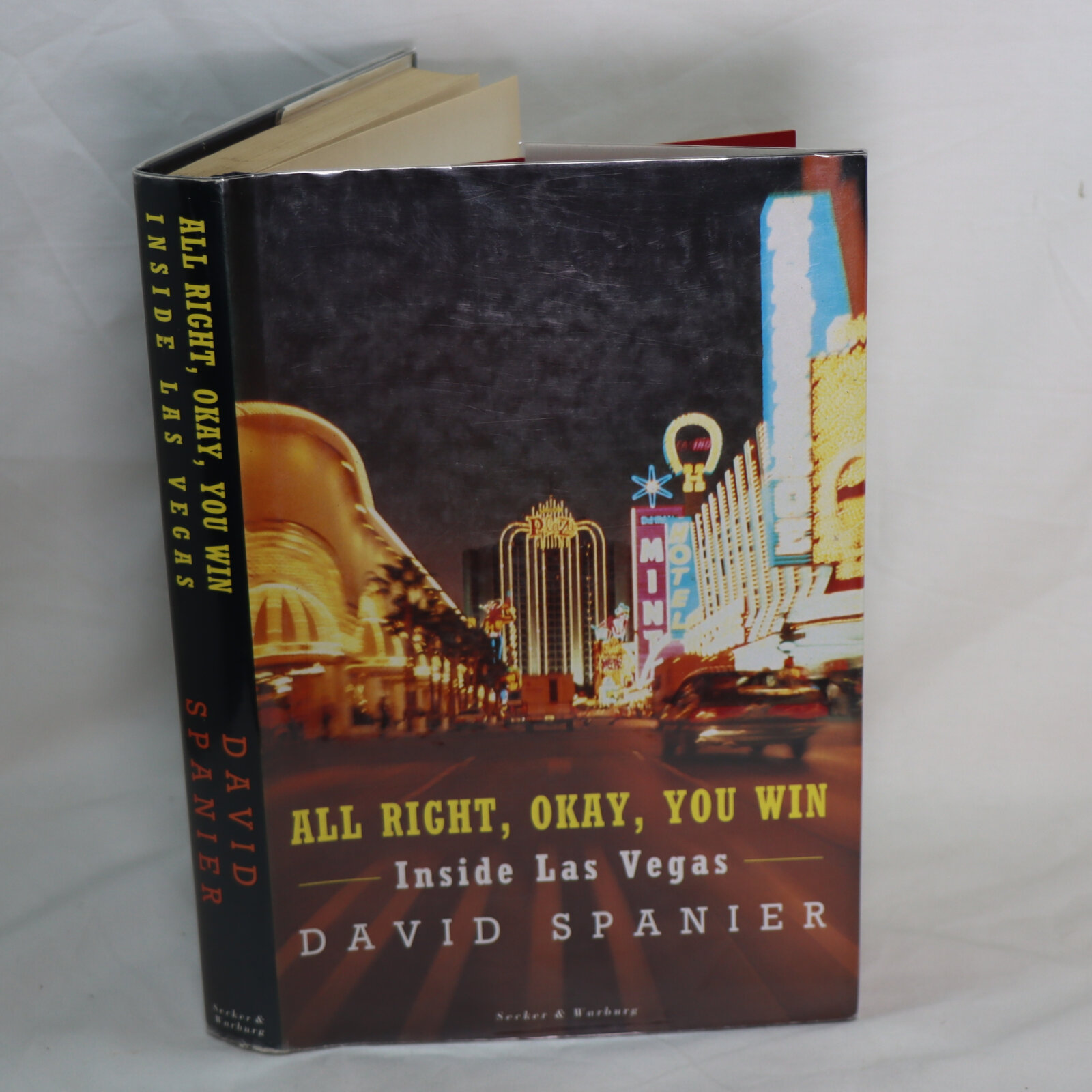
Related products
Share this Page with a friend

